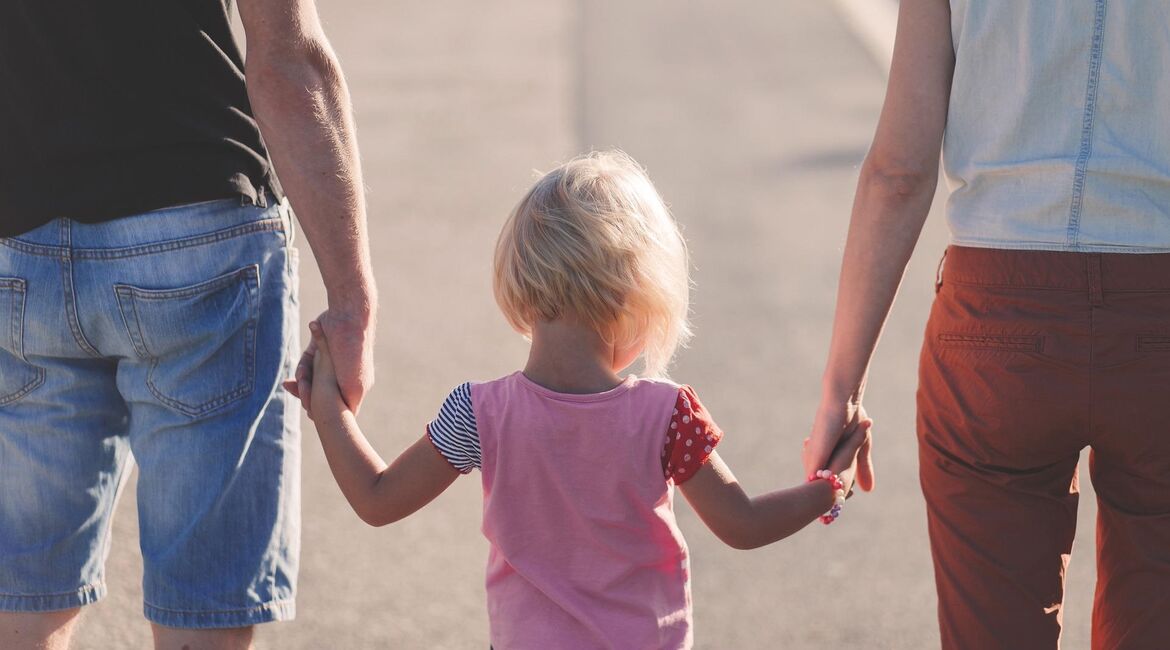When taking action or making decisions concerning a child, the Child Welfare Tribunal must always consider what is in the best interests of each child. The same is true in a dialogue process.
Children have the right to receive all information about themselves and the case. They also have the right to freely express their opinion about the case. This means that the tribunal must make sure that the children feel secure enough to share their opinions, thoughts and wishes. The adults have to listen to and take into consideration what the children have to say, but that does not mean that the children always get to decide.
When the dialogue process is used in a case, the parties to the case meet to discuss possible solutions for the children and parents. The parties to the case are the child welfare service, the parents and sometimes the children.
Children have rights as a party to the case from the age of 15 or when the case concerns moving a child to an institution against the child’s will. The tribunal may also decide that a child is to be a party to a case even if the child is not yet 15 years old. When a child is a party to a case, the child has the right to a lawyer, who will attend the dialogue meeting and who can help and advise the child.
Even if a child is not a party to the case, the tribunal may allow the child to attend the dialogue meeting to express his or her opinion about the case. The child decides whether he or she wants to attend. If the tribunal decides that a child can attend the meeting, the child can choose a person that he or she knows and trusts to accompany him or her to the meeting (a person of trust).
The child can also choose to talk to a spokesperson, who will then tell the others what the child thinks. The spokesperson will talk to the child in a safe place of the child’s choosing and write a report on what the child thinks about the case. The child will be told who will be able to read the spokesperson’s report. The child will be informed of what the spokesperson writes in the report so that he or she can let the spokesperson know if they have misunderstood the child's statements or if there is anything the child does not want to be in the report.
The child can also choose to speak directly to the tribunal chair and the expert in the dialogue process before the dialogue meeting. Many children have said that this is a good idea because it means that those who make the final decision can get a better understanding of what is important to the child. This will help them to make the right decision for the child.
The tribunal chair will write down what the child says in a report. The child will be informed of what is written in the report and be given the opportunity to correct mistakes or speak up if there is anything that the child does not want to be in the report. Before or during the dialogue meeting, the tribunal chair will give this report to the parents and the child welfare service.
If the child welfare service and the parents agree on a way of resolving the case, the child welfare service will inform the child of the outcome of the dialogue process.



